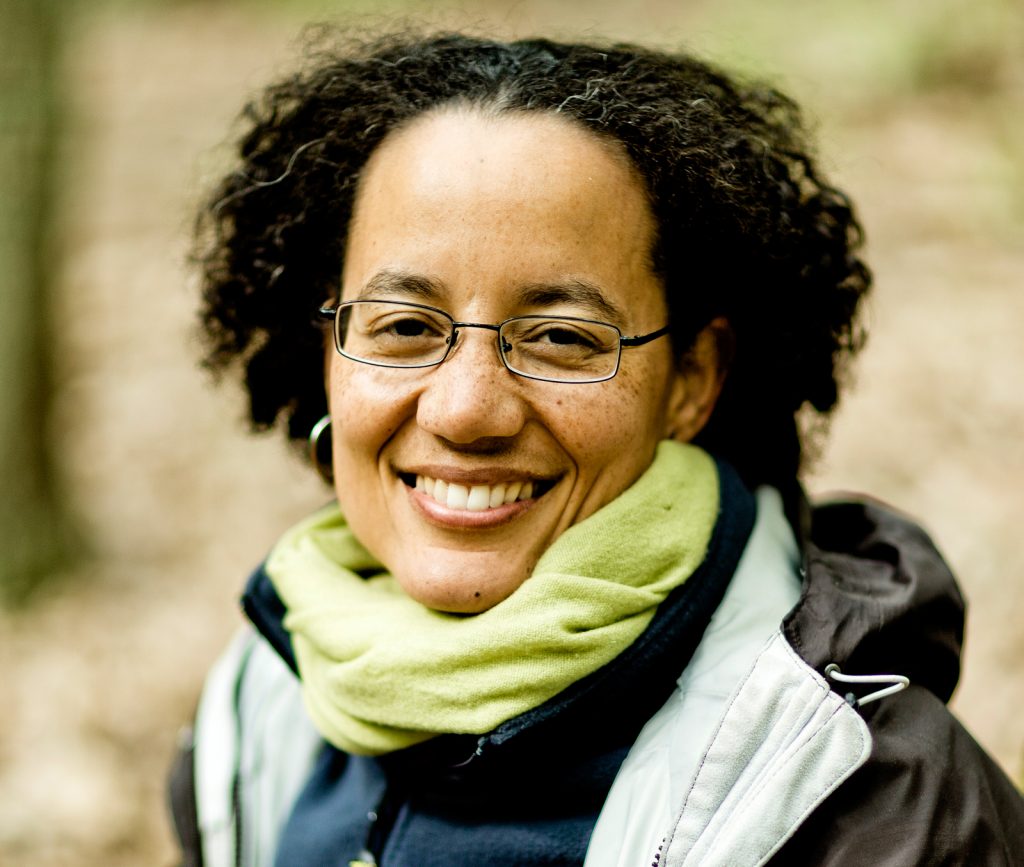When did you become a Buddhist and why? I began practicing Buddhism in 1997 when I first visited Plum Village in France, because I found a teacher [Thich Nhat Hanh] that was incredibly clear and inspiring, a practice that really worked, and a community that was deeply healing.
Is your family Buddhist? I grew up in a Christian family and community. After I first went to Plum Village, my dad, a Christian minister, visited us for a Buddhist-Christian silent retreat. He then started regularly attending retreats and was inspired to cofound a local sangha that has been meeting weekly for over 25 years. He ordained into the Order of Interbeing and later became a lay dharma teacher just after I received the Dharma Lamp. So my dad has practiced wholeheartedly in both Christian and Buddhist traditions ever since I started practicing Buddhism. My mom, sister, and brother, and my nieces and nephews have all attended retreats or visited the monastery as well.
What’s your favorite breakfast on retreat? I love oatmeal with fruit, seeds, and nuts. I also love the rice and bean congee with crispy onions and homemade pickles we would have in the monastery.
What’s your daily practice? I meditate for an hour in the mornings with my partner. Sometimes we will also practice chanting or read spiritual teachings. I also usually meditate at least one other time during the day with the online groups I lead or am a part of.
Favorite aphorism? “Do not dwell in the past, do not dream of the future, concentrate the mind on the present moment.” –Buddha
What’s the longest you’ve gone without meditating? How do you get back on track? Probably just a few days. As a full-time dharma teacher, I offer meditation as part of my daily activities, so even if I skip regular meditation practice due to travel or illness, I can’t go more than a few days without offering it to others. I get back on track by noticing how the lack of meditation impacts my mind and body negatively, as I tend to lose perspective, speed up, and be less in touch with awe and wonder. This motivates me to return to regular practice. Having good spiritual friends who are dedicated practitioners is also a big support.
Book on your nightstand? Ruth Ozeki’s A Tale for the Time Being.
What do you like to do in your free time? Hike, swim in a natural body of water, read, go slowly, lie in a hammock, sit in front of a fire, connect with my partner, spend time with my dog, visit with friends, cook, garden, journal, make art.
What non-Buddhist do you look to for guidance? Dr. King, Howard Thurman, Resmaa Menakem, Vandana Shiva, Bear Heart, Dorothy Day, and pretty much any mystic of any tradition or time.
What was your first job? Teaching English in Brazil when I was 16.
Why did you want to teach a dharma talk on the Ecosattva Path for Tricycle? Because the dharma can offer us much-needed spiritual tools to help us navigate this very precarious time of societal unraveling due to the climate crisis.
What Buddhist book has most affected your practice? While traveling in India in 1997, I read Old Path, White Clouds, a beautiful account of the Buddha’s life by Thich Nhat Hanh. I soaked it up like a sponge, reading for hours in the land where the events recounted in the book had happened millennia earlier. I was moved by the Buddha’s calm, humor, and compassion, by how human he was and by how much he loved his students. Every word on the page awoke in me the wish to follow this path for myself and touch true liberation in my own heart and in the collective mind. When I have read it again since then, I have found it just as fresh and full of new insights.
Thank you for subscribing to Tricycle! As a nonprofit, we depend on readers like you to keep Buddhist teachings and practices widely available.
